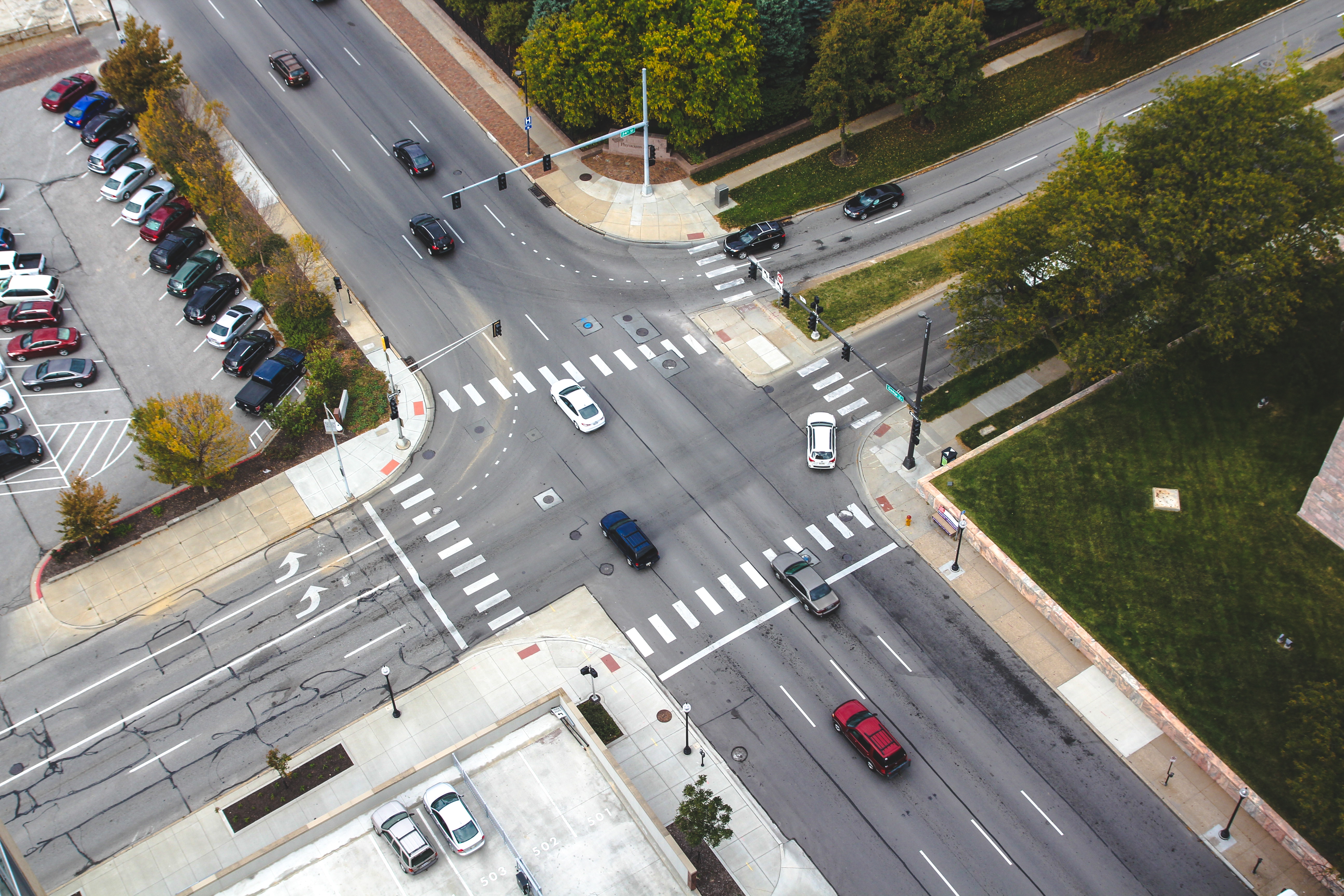A proposed frequency change that could create interference with GPS receivers has picked up a new and powerful group of opponents. The Alliance of Automobile Manufacturers, which represents the country’s largest automobile makers and 70 percent of all the car and light truck sales in the U.S., filed a letter opposing a request by Ligado Networks (formerly LightSquared) to allow satellite-only frequencies near the satellite navigation band to also be used for terrestrial broadband services.
In an October 23 letter to the Federal Communications Commission the Alliance said such a change “could pose a significant risk of harmful interference to current and future critical transportation safety applications that utilize GPS signals.”
The letter indicates renewed interest in the long-running spectrum fight from the rapidly growing and potentially huge unmanned technology sector — of which driver-assisted and self-driving vehicles are a part. While unmanned organizations strongly opposed the original proposal from Ligado’s predecessor firm LightSquared, they have largely stayed out of the debate since 2011. LightSquared filed for bankruptcy in 2012.
Ligado revised its business plan after emerging from bankruptcy in 2015, proposing custom networks tailored to particular uses as opposed to the original idea for a nationwide broadband network. It has also suggested that its frequencies could contribute to development of the next generation of cellular mobile networks — 5G.
“Key to ensuring that the U.S. finishes first in the race to 5G is unlocking more spectrum,” said a Ligado spokesman in a prepared statement. “The proposal pending before the Commission clearly meets the rules and requirements of spectrum regulators in the U.S. and around the globe. Moving our proposal forward will advance American economic and national security needs and bring the U.S. one step closer to ‘5G First.’ ”
The firm has also proposed to use a combination of terrestrial and satellite service to support drones on extended flights — doing demonstrations showing it was possible to successfully switch from one service to another. It is not clear, however, how signals from terrestrial towers would impact the GPS service, on which the vast majority of unmanned aircraft rely. The company has made clear that it will protect certified aviation GPS receivers. Drones and other unmanned systems, however, generally do not utilize certified receivers and several different sets of tests have shown the ground service would pose a threat to the operation of a variety of GPS receivers.
“The United States Department of Transportation (US DOT) recently conducted an assessment to examine the maximum transmitted power levels of adjacent band radiofrequency (RF) systems that can be tolerated by GPS and Global Navigation Satellite System (GNSS) receivers,” the Alliance wrote. “The purpose of the assessment was to understand the extent to which such adjacent band transmitters impact GPS/GNSS devices used for transportation safety purposes. The study found that proposed operations similar to Ligado could harmfully impact the accuracy, availability, and integrity of GPS receivers used in transportation safety applications.”
GPS is also an essential component in the future of intelligent transportation and Automated Driving Systems (ADS) technologies, which many alliance members are working on, the letter said, noting that ADS provides a higher level of automation than current driver-assistance technologies.
“ADS-equipped vehicles often use input from a variety of vehicle sensors and high definition maps that may rely on GPS receivers to support vehicle operation. Thus, GPS is a crucial technology to enable ADS-equipped vehicles to successfully navigate our nation’s roadways and increase our transportation efficiency through optimal routing. Further, high precision GPS will enhance the vehicle’s ability to cooperate with other road users, which would provide significant safety benefits to all road users.”
“As vehicles become more connected and include more automated safety features, it will be critical to ensure that these important, safety applications are free from harmful interference,” the Alliance wrote. “Therefore, the Alliance urges the Federal Communications Commission to deny Ligado’s pending license modification as proposed, until testing and data validates that transportation safety applications will be protected from harmful interference.”
A late-breaking development suggests the FCC may be leaning against approving Ligado anytime soon, said one expert.
The FCC will vote at its November meeting on approving Galileo, according to a blog post by FCC Chairman Ajit Pai.
Dubbing November “Space Month” Pai said the commissioners would take up nine space-related items on its agenda — including a vote on whether to approve Galileo operations in the United States.
“Consumers regularly use GPS to navigate while driving, to locate a store, and even to find our phones,” wrote Pai. “Meanwhile, businesses are using GPS for high-precision agriculture, fleet tracking, and monitoring drones. Given all these uses, it’s important for us to take steps to improve GPS when we can. That’s why the Commission will vote in November on allowing American devices to access the European global navigation satellite system, known as Galileo. Enabling the Galileo system to work in concert with the U.S. GPS constellation should make GPS more precise, reliable, and resilient — a boon to consumers and businesses alike.”
Though the blog post only announced an agenda item the language in the post suggests Galileo is headed for approval.
“You don’t normally bring these things up for a vote unless you know the answer,” said Tim Farrar, founder of TMF Associates. Farrar is a technology consultant specializing in the satellite industry who has followed LightSquared/Ligado closely.
Farrar sees the pending vote as a “smack down” for Ligado, which opposed the approval because it could complicate Ligado’s change of avoiding interference with GNSS services. Ligado insisted that “any adverse effects on adjacent services (be) appropriately eliminated — before grant of the (European Commission) Request can be considered.”
“There are so many items on the agenda related to space,” said Farrar. “I mean Pai’s blog post described it as space month. But there isn’t anything about Ligado, and as I say there’s something about Galileo — which is the opposite of what Ligado wanted. And I take that as a sign that there’s nothing positive likely to happen on the Ligado front any time soon.”






